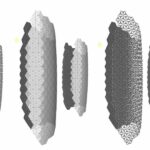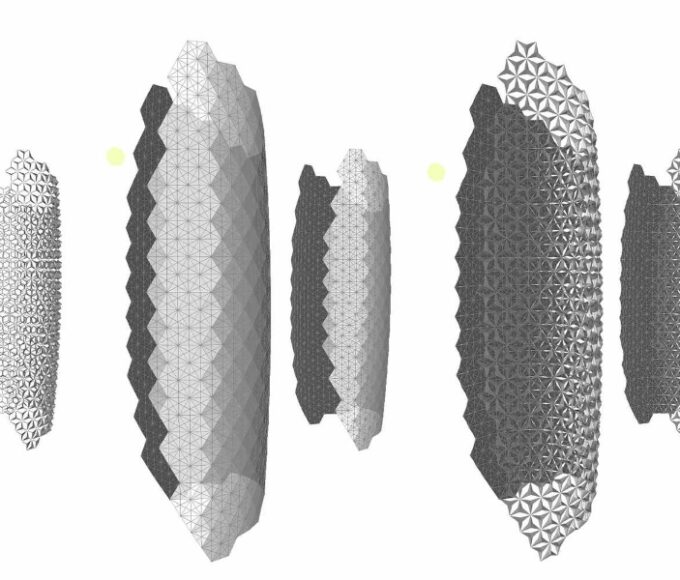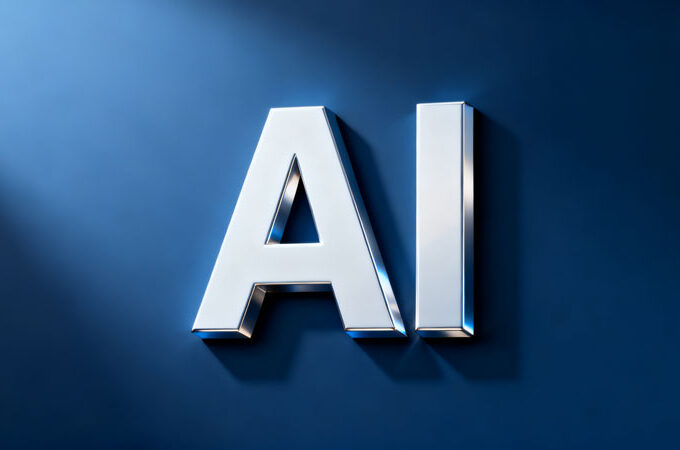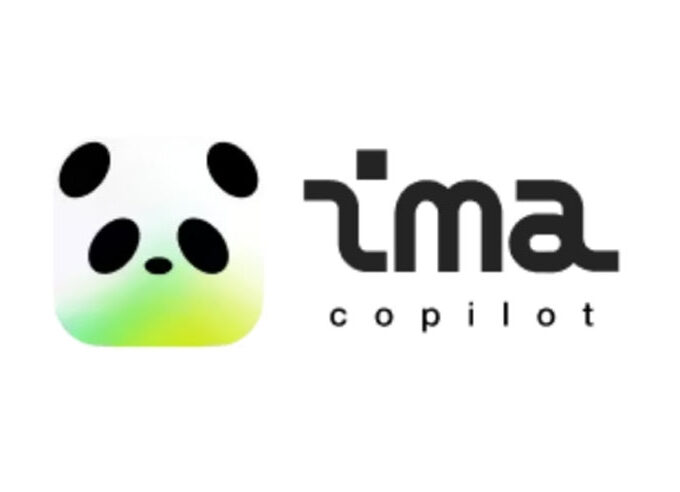In a remarkable display of artificial intelligence capabilities, Google’s Gemini 2.5 Deep Think model won a gold medal at the 2025 International Collegiate Programming Contest (ICPC) World Finals held on September 4 in Baku, Azerbaijan. Out of 12 challenging problems, the AI successfully solved 10, outperforming numerous human teams and securing one of the top awards in this prestigious competition. The event saw participation from nearly 3,000 universities across 103 countries, highlighting its global significance and intensely competitive nature.
This achievement is widely regarded as a major milestone in AI development. Google stated that the success of Gemini 2.5 Deep Think could play a foundational role in the pursuit of Artificial General Intelligence (AGI). The system employs sophisticated reasoning strategies: it decomposes complex problems into sub-tasks, coordinates multiple autonomous agents to generate and test solutions, and iteratively refines its approach to achieve highly efficient outcomes.
Not only did Gemini demonstrate exceptional programming proficiency, but it also introduced innovative solutions that surpassed human contestants’ performances. A standout moment occurred during a problem involving complex liquid distribution, where the model applied priority-based allocation and the minimax principle from game theory to determine the optimal configuration—all in under 30 minutes.

According to the latest news, in an official blog post, Google emphasized that the skills required to excel in the ICPC—such as deep problem comprehension, multi-step logical planning, and flawless execution—are directly transferable to scientific and engineering disciplines. This breakthrough carries implications not only for software development but also for the future of scientific exploration. The company envisions a new era of human-machine collaboration, where AI systems like Gemini propose novel hypotheses and help overcome technical barriers.
It is worth noting that Gemini 2.5 Deep Think also achieved top-tier results in this year’s International Mathematical Olympiad (IMO), further attesting to its strength in abstract reasoning and complex problem-solving. These consistent successes underscore the expanding role of AI in high-complexity cognitive tasks and open new pathways for AI-augmented scientific innovation.
As AI technology continues to evolve, its integration into research and industry is accelerating. Google’s accomplishment injects fresh momentum into the AI field, suggesting that increasingly intelligent systems will soon emerge, offering transformative solutions and advancing society into a more automated and insightful future.












